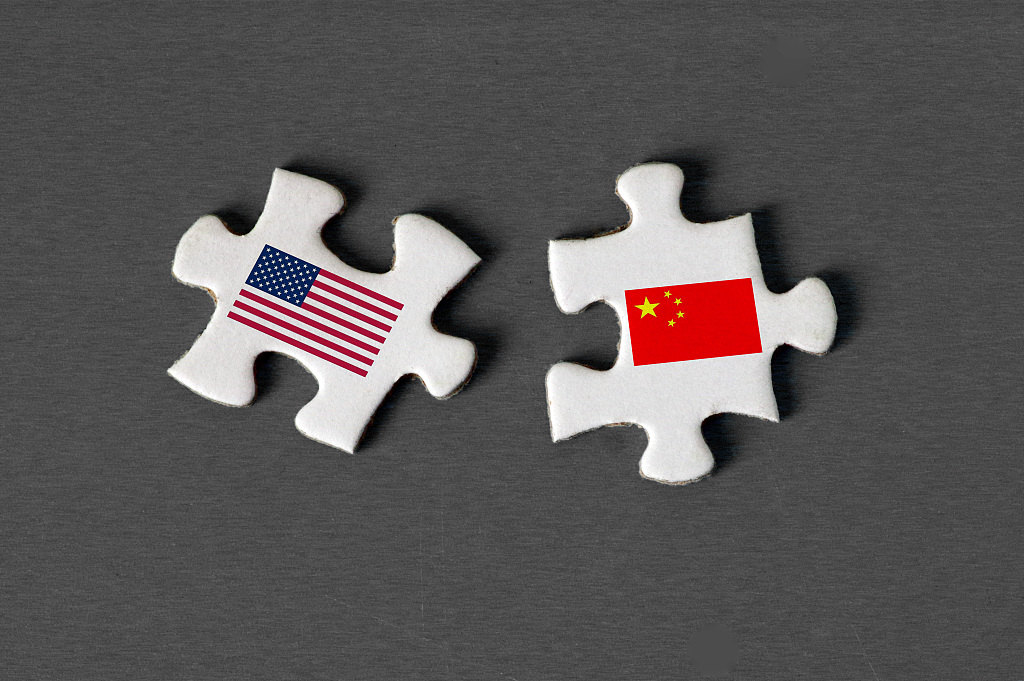Many wars have been started on the pretext of maintaining peace, and many others because the belligerent did not opt for the harder alternative. The defense ministers of the United States and Japan would have done well to reflect on these lessons from history in their meeting in Guam on Saturday, rather than trying to justify the two countries' increasing military presence in waters that belong to neither country.

(File photo: CFP)
That US Defense Secretary Mark Esper opened the meeting by highlighting its timing — "Seventy-five years ago this week, the United States and Japan laid down their arms against each other and entered into a durable friendship" — only served to show that the meeting was to affirm that Tokyo remains loyal to Washington's contain-China schemes.
The irrationality of Washington's strategic anxiety is palpable in its constant seeking of reassurance that its allies are on its side.
Reluctance to follow Washington's neurotic lead is understandable, for when Esper expressed concerns regarding Beijing's introduction of a national security law for the Hong Kong Special Administrative Region and "destabilizing actions" vis-à-vis Taiwan — two places even his boss admits "technically" belong to China — and urged Japan to strengthen cooperation with other like-minded partners in the region, an arrogantly catch-all phrase that excluded Russia and the Democratic People's Republic of Korea, he was in effect talking of breaking the "rules-based order" in the region, an order that Washington asserts it wants to defend.
The US defense secretary harped on the usual strings of China's maritime and border disputes with its neighbors, as if these are the stigma of China's original sin. Yet Washington would never mention that most of the historical disputes, like many others in Asia and Africa, were caused and left by colonialists or Western occupants, including the US, on purpose so as to play one country off against another.
Esper would never dream of mentioning that China and its neighbors have been making unswerving efforts to peacefully resolve their differences as they share a common understanding of the benefits bestowed by a stable and peaceful development environment.
Neighborhood diplomacy has always been a priority for China's foreign policy, as a peaceful and prosperous region is essential for its own development. So Esper's charge that China is bullying its neighbors does not stand up to scrutiny. It is the US that threatens to destabilize the region by turning the screws on China's neighbors to persuade them to turn against Beijing.
The reason the new Cold War the US is trying to engineer has met with cold shoulders around the world is that no country wants to offer its interests as a sacrifice on Washington's altar of hegemony.


